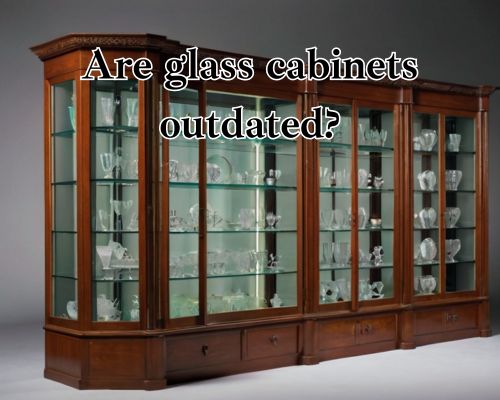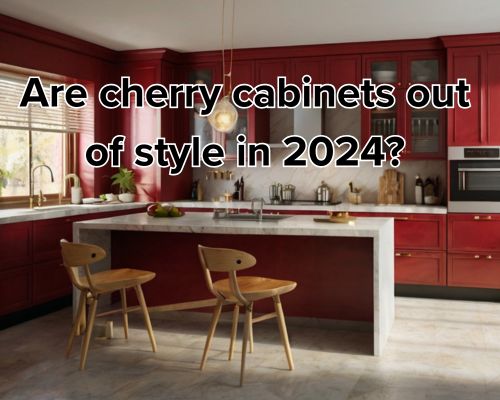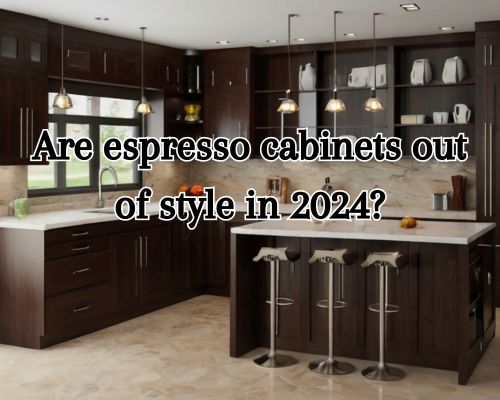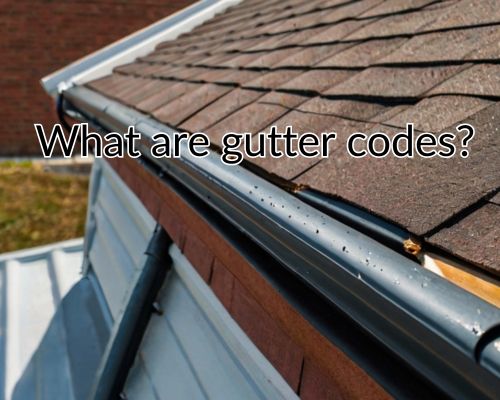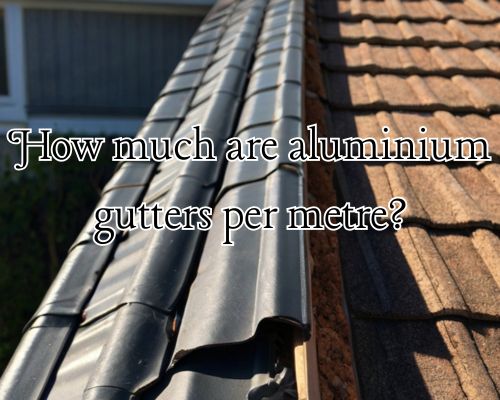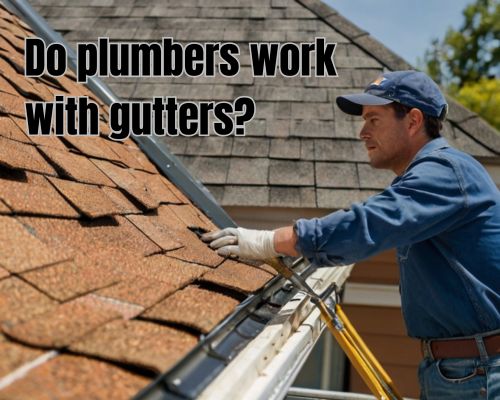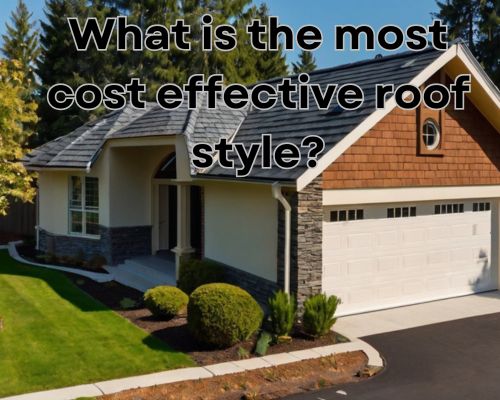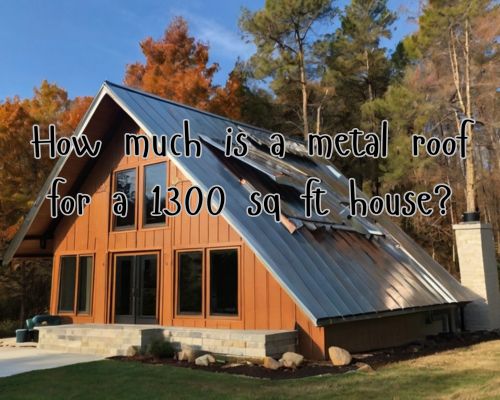When choosing materials for cabinetry, benchtops, or furniture, many homeowners and renovators in Mornington, Australia, often find themselves comparing laminate and melamine. Both materials are widely used in modern interiors, offering affordability, durability, and a range of aesthetic options. But what exactly sets them apart, and which one is the best choice for your project? WIth Mornington Cabinet Makers, we’ll explore the key differences between laminate and melamine, their benefits, and where they work best in your home or business.
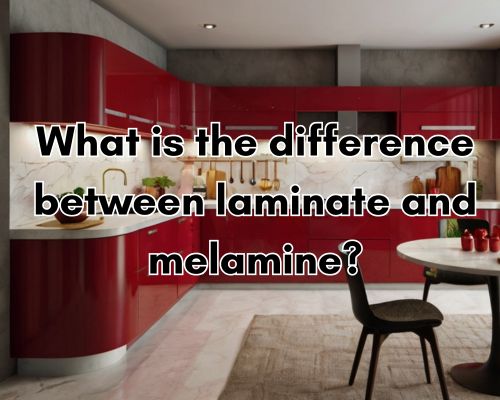
Understanding Laminate and Melamine
What is Laminate?
Laminate is a synthetic material created by pressing together multiple layers of paper or fabric infused with resin. It is then bonded to a substrate, usually MDF (medium-density fibreboard) or particleboard, to create a strong and visually appealing surface. There are several types of laminates available, including:
- High-Pressure Laminate (HPL): Known for its strength, heat resistance, and durability, HPL is used in high-traffic areas such as kitchen benchtops and commercial spaces.
- Low-Pressure Laminate (LPL): Also called direct-pressure laminate, LPL is thinner and often used for vertical surfaces like cabinet doors and wardrobes.
What is Melamine?
Melamine is a type of low-pressure laminate where a melamine-infused decorative paper is directly pressed onto a substrate, typically MDF or particleboard. Unlike high-pressure laminate, melamine does not require additional bonding layers, making it a cost-effective solution for cabinetry and shelving.
Key Differences Between Laminate and Melamine
| Feature | Laminate | Melamine |
|---|---|---|
| Durability | High, especially HPL | Moderate, prone to chipping |
| Cost | Slightly higher | More affordable |
| Thickness | Varies (0.6mm – 1.5mm) | Thinner (0.3mm – 0.6mm) |
| Aesthetic Variety | Extensive colors & textures | Limited but versatile |
| Water Resistance | Good, especially in HPL | Moderate, can swell if exposed |
| Heat Resistance | High | Moderate |
| Applications | Benchtops, tables, cabinetry | Cabinet doors, shelving |
Which One Should You Choose in Mornington, Australia?
The choice between laminate and melamine largely depends on the intended application, budget, and personal preference. Here’s a closer look at where each material excels:
When to Choose Laminate
- Kitchen Benchtops & Worktops: High-pressure laminate is ideal due to its durability and resistance to heat and moisture.
- Commercial Spaces: Businesses in Mornington, from cafes to retail stores, benefit from laminate’s durability and wide range of design choices.
- High-Traffic Areas: For places that experience heavy use, such as school furniture or office desks, laminate holds up better over time.
When to Choose Melamine
- Cabinetry & Wardrobes: Melamine is an excellent choice for kitchen cabinets, wardrobe interiors, and shelving in homes and commercial spaces.
- Budget-Friendly Projects: If you’re on a tight budget, melamine offers a cost-effective yet stylish option.
- Quick Renovations: Due to its ease of installation, melamine is great for fast renovations or rental properties in Mornington.
Local Considerations: Choosing the Right Supplier in Mornington
Finding a reliable supplier is crucial for ensuring high-quality materials that last. Some top-rated suppliers and cabinet makers in Mornington include:
- Mornington Timber & Hardware – A well-known supplier for building materials, including laminates and melamine.
- Laminex Australia – Offers a wide range of laminates and melamine products suited for kitchens and commercial applications.
- Mornington Cabinet Makers – Experts in custom cabinetry and providing material recommendations tailored to your needs.
Maintenance and Longevity: Keeping Your Surfaces Looking New
Both laminate and melamine require proper care to maintain their appearance and functionality:
- Cleaning: Use a mild detergent and a damp cloth. Avoid abrasive cleaners that could scratch the surface.
- Preventing Damage: Use chopping boards and heat-resistant mats to protect benchtops.
- Repairs: Minor chips and scratches in laminate can often be repaired using a color-matched filler, whereas damaged melamine may require replacement.
Final Verdict: Which One is Best for You?
If you’re looking for a robust, heat-resistant surface for a high-traffic area, laminate—particularly high-pressure laminate—is the superior option. On the other hand, if you need a stylish, cost-effective material for cabinetry and shelving, melamine is a great choice.
For residents and business owners in Mornington, Australia, it’s essential to weigh your needs, budget, and the local climate when choosing between laminate and melamine. Consulting with a professional cabinet maker or supplier can help you make the best decision for your space.
By understanding the key differences between these two materials, you’ll be well-equipped to make an informed choice for your next renovation or interior project. Whether you opt for laminate’s durability or melamine’s affordability, you can achieve a beautiful, functional space tailored to your needs.
